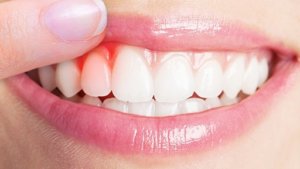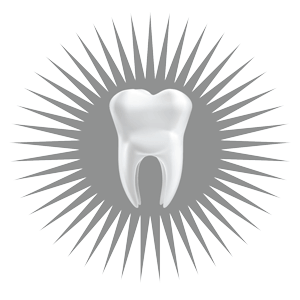
Dental Gum Treatment Opelika – Periodontist
If you are experiencing gum disease, it is important to seek treatment from a dentist or oral surgeon. Dental gum treatment is a process by which the diseased tissue is removed and the healthy tissue is restored. This can be done as a simple, nonsurgical procedure in the dental office, or more advanced cases of gum disease may require surgery. The goal of this treatment is to reduce inflammation and promote healing. Untreated gum disease can cause tooth loss and other serious health problems.
The treatments for gum disease will vary depending on the severity of the condition. It is important to seek treatment as soon as possible to prevent the condition from worsening. Dental gum treatment can help you regain your oral health and improve your quality of life.
If you think you may have gum disease, contact your dentist or oral surgeon to schedule an appointment.
How do I know if I have gum disease?
Gum disease, also known as periodontal disease, is one of the most common dental problems in the entire world, but it is also one of the hardest to notice during its earliest stages! Initial symptoms are very subtle, including slightly red, swollen, or tender gums. Your hygienist will be able to spot the telltale signs, and from there, they can show you what to do to prevent the issue from getting worse. You can call us and book and appointment as well if you notice any of the symptoms.
Non-surgical dental gum treatment
This involves a deep cleaning of your teeth and gums. This can be done with scaling and root planing, which removes plaque and tartar from your teeth and gums. A dental gum treatment may also involve the use of antibiotics to kill bacteria. If you have severe gum disease, you may need surgery to treat it.
Surgical dental gum treatment
This involves removing the diseased tissue and repairing the healthy tissue. There are different types of surgical dental gum treatment. They include:
- Flap surgery: The surgeon makes cuts in your gum tissue to lift it away from the tooth so that they can remove the tartar. The gum is then stitched back in place.
- Pocket reduction surgery: The surgeon removes the diseased tissue and closes the pockets around the teeth.
- Bone grafting: This is done to replace bone that has been lost because of periodontitis.
- Guided tissue regeneration: This is done to help the growth of bone and soft tissue.
Medication used to treat gums
There are a number of different medications that can be used to treat gums. They are used to kill bacteria and reduce inflammation. They include:
- Antibiotics
- Chlorhexidine
- Metronidazole
- Tetracycline
- Minocycline
- Doxycycline
- Periostat
- Arestin
Some toothpastes are also used to assist in the treatment of gums as they can be antibacterial and/or contain an antibiotic.
Laser use in treating gum disease
Lasers can be used to remove the bacteria that cause gum disease. They can also be used to remove tartar and plaque. Lasers are a more recent development in the treatment of gum disease and are quite helpful.
Prevention of gum disease
The best way to prevent gum disease is to practice good oral hygiene. This includes brushing your teeth twice a day, flossing daily, and using mouthwash. You should also see your dentist regularly for checkups and cleanings.
If you are experiencing any symptoms of gum disease, it is important to seek treatment right away. Dental gum treatment can help to reduce inflammation and promote healing. It is important to follow the instructions of your dentist to ensure that you are properly caring for your teeth and gums.
If you have any questions or concerns, contact East Alabama Dental Group. We will be able to help you develop a treatment plan that is best for you. Dental gum treatment can help you regain your oral health and improve your quality of life. If you need dental gum treatment in Opelika, AL, contact us right away.

